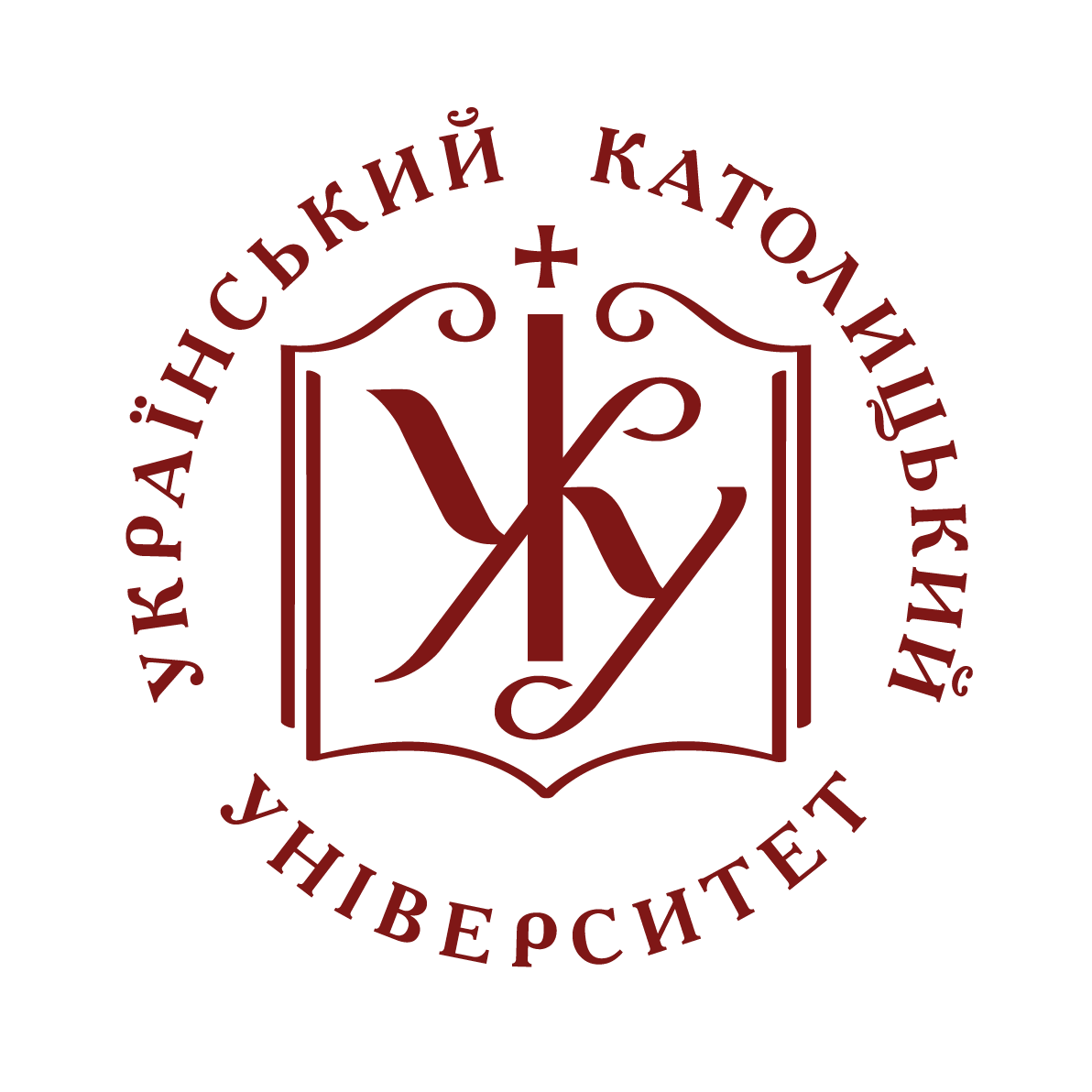- Домівка
- →
- Faculty of Philosophy and Theology | Філософсько-богословський факультет
- →
- Кафедра богослов’я
- →
- Статті
- →
- Перегляд матеріалів
Сценарії JavaScript вимкнено для Вашого браузера. Деякі функції цього сайту не будуть працювати без них.
Показати скорочений опис матеріалу
| dc.contributor.author | Kashchuk, Oleksandr, Олександр Кащук
|
|
| dc.date.accessioned | 2018-01-15T19:26:43Z | |
| dc.date.available | 2018-01-15T19:26:43Z | |
| dc.date.issued | 2016-06-15 | |
| dc.identifier.citation | Aktywność cesarza w kontekście sporów chrystologicznych w Bizancjum w VII wieku // Vox Patrum (провідне закордонне видання). – Z. 36. –Т. 66. – Lublin, 2016, – S. 411-428. | uk |
| dc.identifier.uri | http://er.ucu.edu.ua/handle/1/1173 | |
| dc.description | Стаття | uk |
| dc.description.abstract | Візантійські імператори VII ст. у пошуках релігійного порозуміння відігравали ключову роль. Вони ініціювали богословські дискусії і видавали документи, що стосуються християнської віри. Їх метою мало бути досягнення порозуміння між монофізитами і прихильниками Халкедонського Собору. Імператори діяли на основі утвердженої в Імперії ідеології влади. | uk |
| dc.language.iso | pl | uk |
| dc.publisher | Vox Patrum, KUL Jana Pawła II, Lublin | uk |
| dc.subject | Emperor, Church, ideology, authority, monotheletism | uk |
| dc.title | AKTYWNOŚĆ CESARZA W KONTEKŚCIE SPORÓW CHRYSTOLOGICZNYCH W BIZANCJUM W VII WIEKU | uk |
| dc.type | Article | uk |
| dc.status | Опублікований і розповсюджений раніше | uk |
| dc.description.abstracten | In the quest of theological agreement in Byzantium in the seventh century Emperors played a leading role. The rulers were promoters of the theological discussions and promulgated documents concerning a Christian doctrine obliging all over the Empire. That would lead to a compromise between supporters of both Monophysitism and Chalcedon. The aim of theological compromise was to achieve peace in the Empire in the face of danger. When the necessity for reconciliation with the Monophysites ceased to be valid, Emperor Constantine IV convened the Council in Constantinople, which condemned the adherents of Monotheletism. Emperors had a solid ideological basis for their activities. Emperor was treated as a person with religious authority entitled to intervene in the affairs of the Church, even in matters of faith. His concern for the state included not only the secular affairs, but also religious. Religion is subordinated to state authority. Such ideological contents were supported by majority of the hierarchs of the Byzantine Church in the seventh century. The ideology of the special character of the person of the Emperor was especially alive in Byzantium during various crises. | uk |
| dc.relation.source | Vox Patrum | uk |
Долучені файли
Даний матеріал зустрічається у наступних зібраннях
-
Статті [73]
Articles


